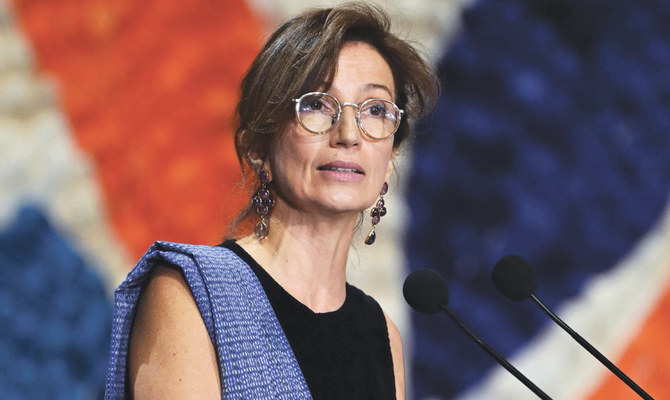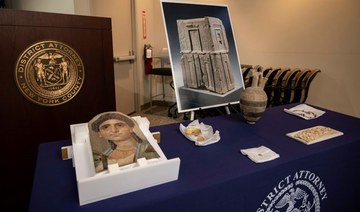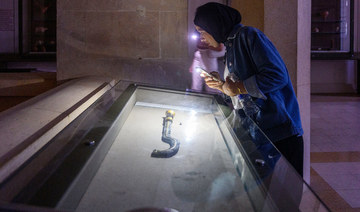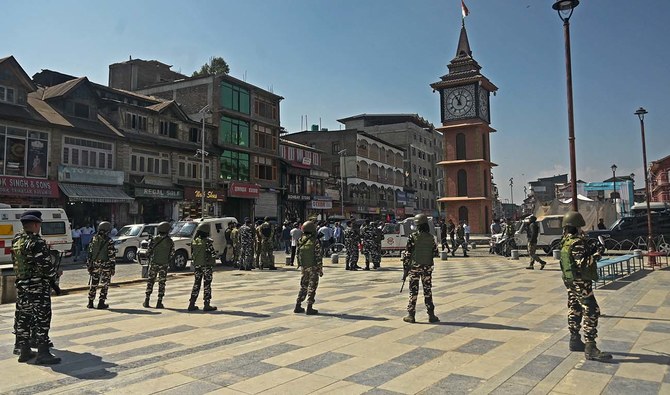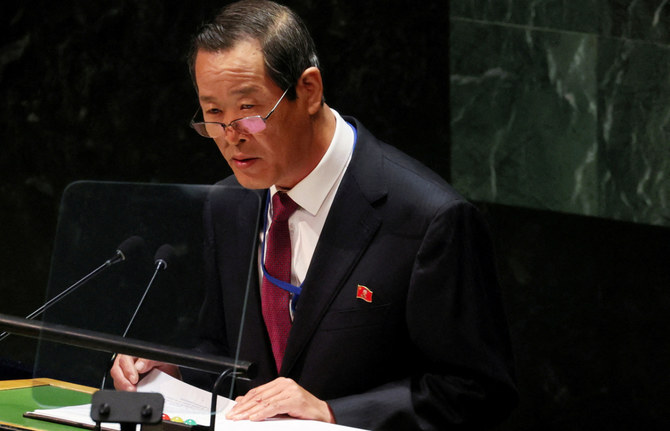MEXICO CITY: Cultural ministers and representatives from 150 countries committed to expanding efforts to return historical artifacts to their countries of origin, according to a declaration released on Friday, following a UNESCO conference in Mexico City.
Major museums, auction houses and private collectors have faced growing pressure in recent years to repatriate priceless works of art and other antiquities from Latin American and African nations, among others, which argue the goods were often taken unethically or illegally.
The declaration from the United Nations’ cultural arm called for open, inclusive international dialogue on illegally acquired artifacts and concrete measures to battle the illicit trade in antiquities.
The declaration deems culture a “global public good” that should be included in the UN development goals.
Restitution of cultural artifacts is often politically sensitive and raises questions over the transport and care of often delicate antiquities.
The death of Queen Elizabeth II has renewed calls in India for the return of one of the world’s largest uncut diamonds from Britain’s crown jewels, while Chile has for years demanded the return of a Moai statue from the British Museum.
Mexico’s government has previously called for the return of a 500-year-old Aztec crest known as Montezuma’s headdress from a Vienna museum, but experts have deemed its centuries-old iridescent quetzal feathers, dotted with golden pendants, too fragile for transport.
During the conference, ministers also discussed how to protect heritage from wars and climate change.
Ernesto Ottone, a senior UNESCO official, expressed hope that old attitudes are shifting in an interview on the sidelines of the conference.
“In the last three years there has been a change, a turning point, on how restitution can be made,” he said, pointing to recent bilateral deals that have led to the return of artifacts. “Today, doors are opening for us.”



